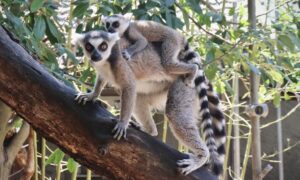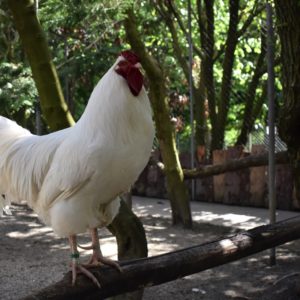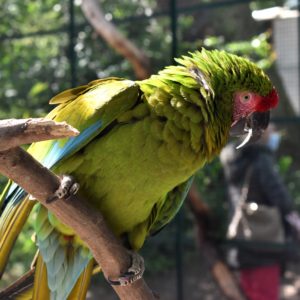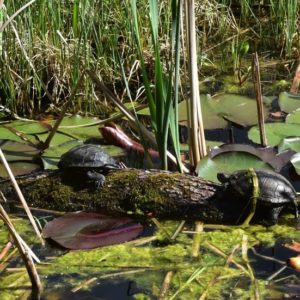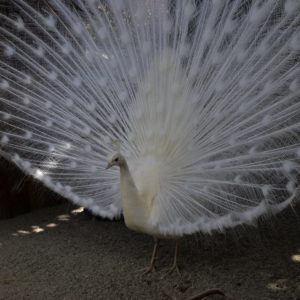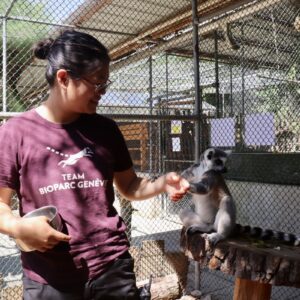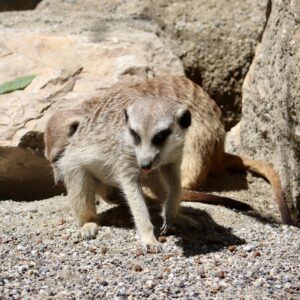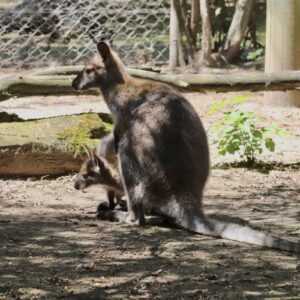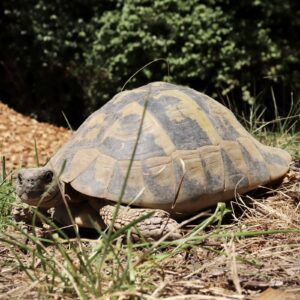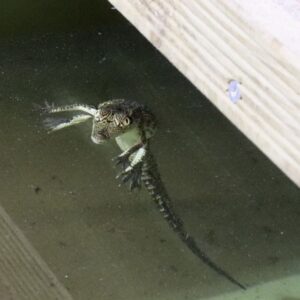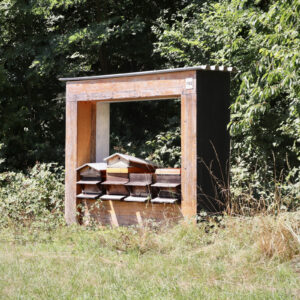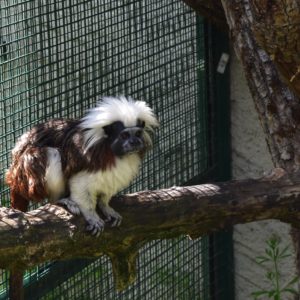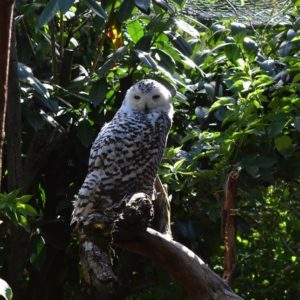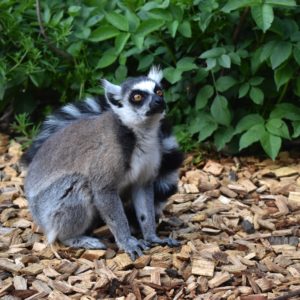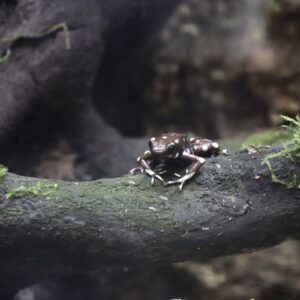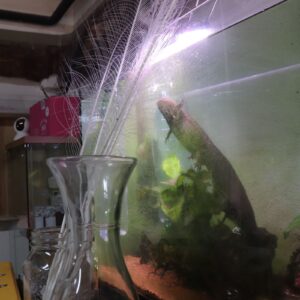Update
Conservation at the Bioparc Geneva
Preserving biodiversity and conserving the species of our planet, both at local and global level, is essential for our future. The Bioparc Geneva is one of the initiatives working actively in that direction. Located just a stone's throw from Geneva, where important global conservation efforts are also ongoing, it offers a space to reconnect with nature and learn more about the other species with which we share a common home - the Earth.
About the Bioparc
The Bioparc Geneva came to life from the transformation of the Challandes Animal Park to the cause of biodiversity. The park is home to 250 animals, a third of which are threatened species in the wild. Its team of wildlife experts and enthusiasts works for the conservation of animal species, both local and exotic, through its key missions.
Currently located in Bellevue, the Bioparc has been granted a new site in Thônex to expand by the State Council. Apart from raising awareness among the local population, the new space will contributes in making links between research and conservation of endangered fauna, on a local as well as global scale. The site in Bellevue will still be open for another few years until the planning and construction of the new site is ready.
Biodiversity Conservation, at Home and Abroad
Committed to the preservation of animal species, the Bioparc supports local organisations abroad, for example, the Proyecto Titi function which works to save the cotton-top tamarin (Saguinus oedipus) in Colombia, and the Mitsinjo association in Madagascar, which combines the conservation of habitats and species with the development of tourism that respects nature and people. The Bioparc also created the Wonder Fauna program to protect local fauna – in collaboration with a local photographer.
Raise Awareness of Environmental Issues
Thanks to the privileged contacts and proximity to more than 80 different animal species, the Bioparc is an ideal place for raising awareness through educational and entertaining activities. It regularly becomes a living classroom, a life-size laboratory, and thus a unique tool for environmental education in the canton of Geneva. From guided tours to workshops, the park offers a wide range of ways to discover and better protect.
Animal Assisted Therapy
Bioparc Geneva uses contact with animals to help people with physical, psychological and/or social difficulties. The stimulation that the animal provokes, makes it an excellent mediator of social relations. The Bioparc Geneva is the only institution in Switzerland to offer such activities with exotic animals.
Scientific Research and Expertise
The Bioparc is a centre of competence and expertise on wild, local and exotic animals. The Biopark is an essential player in the field of knowledge about animal species, from information on how to adopt the best behaviour towards local wildlife, to the training of animal caretakers, through research and expert advice to the authorities.
A unique cultural space
The Bioparc offers a breath of fresh air, a green escape just a stone’s throw from Geneva, in a semi-natural environment. Allowing the observation and discovery of wild, European and exotic, rare and/or unusual species, the Bioparc is an important spot in Geneva to better understand nature.

Bioparc at Wednesdays for the Planet
The director of the Bioparc Geneva, Tobias Blaha, and one of his colleagues, Anne-Sophie Deville, joined us for an episode of Wednesdays for the Planet on “Europe Reclaims Biodiversity” on 2 June 2021. Watch their presentation below to discover the conservation and research work done at Bioparc.
Conservation Synergies in Geneva
Safeguarding Local Biodiversity
Through its Biodiversity Strategy, the Canton of Geneva aims to guarantee the long-term well-being of its population by reconciling the development of activities on its territory with the maintenance of a rich local biodiversity. The development of the Bioparc Geneva contribute to the Biodiversity Action Plan of the Canton.
International Cooperation for Conservation
Geneva is also an important spot for global conservation efforts, as the host city of the Convention on International Trade in Endangered Species of Wild Fauna and Flora (CITES). This international agreement aims to ensure that international trade in specimens of wild animals and plants does not threaten their survival. As of today, it accords varying degrees of protection to more than 37,000 species of animals and plants.
The International Union for Conservation of Nature (IUCN), recognized as the global authority on the status of the natural world and the measures needed to safeguard it, is also based near Geneva. Its infamous Red List of Threatened Species provides data and assessments on the conservation status of species worldwide.
The Bioparc Geneva is the home of several endangered species which are listed on the IUCN Red List and/or are regulated under the CITES as part of Annex I or II.

